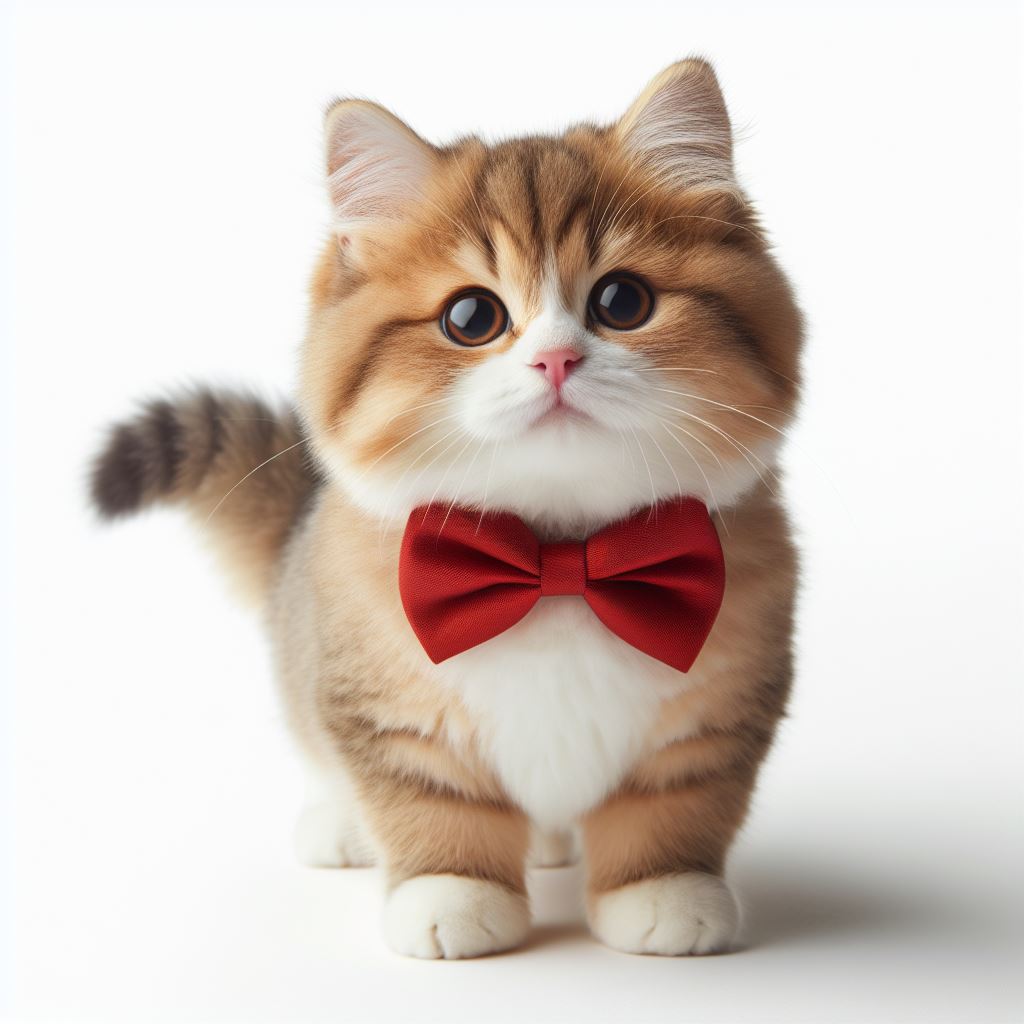Munchkin cats are a unique and distinctive breed known for their short legs, which are a result of a naturally occurring genetic mutation. Here’s some information about Munchkin cats:
1. Appearance:
- Short Legs: The most defining feature of Munchkin cats is their short legs, which are caused by a genetic mutation that affects the development of their long bones.
- Coat: They have a wide variety of coat colors and patterns. Munchkin cats can have long or short fur, depending on their specific breed.
2. Personality:
- Playful: Munchkin cats are known for their playful and energetic nature. They often have a kitten-like attitude throughout their lives.
- Affectionate: They are usually affectionate and enjoy being around people. Munchkins are known to be social and enjoy companionship.
- Intelligent: These cats are intelligent and enjoy interactive play and puzzle toys.
- Adaptable: Munchkins can adapt to different living environments and can thrive in both apartments and houses.
3. History:
- The breed’s history dates back to the early 1990s when it was recognized as a breed by The International Cat Association (TICA).
- The genetic mutation that leads to the short legs is inherited as an autosomal dominant trait. This means that Munchkin kittens can be born to standard-legged parents.
- Munchkins are derived from domestic cats, and they share many characteristics with other cat breeds.
4. Care and Maintenance:
- Grooming: Grooming needs depend on the specific coat type (short or long). Short-haired Munchkins require less grooming, while long-haired ones need more regular brushing to prevent matting.
- Exercise: Munchkins are active cats and require playtime and toys to keep them mentally and physically stimulated.
- Health: While the mutation responsible for their short legs is not associated with any known health issues, some Munchkins may be prone to certain conditions that can affect any cat breed, such as obesity and dental problems. Regular vet check-ups are important.
5. Ideal Environment:
- Munchkin cats are adaptable and can do well in various living situations. They enjoy living indoors with their human families.
- Owners should provide them with toys, scratching posts, and opportunities for play and exploration.
It’s important to note that the Munchkin breed has sparked some controversy and debate within the cat breeding community due to concerns about potential health issues associated with their short legs. Nevertheless, Munchkin cats have gained popularity among cat enthusiasts who appreciate their unique appearance and playful personalities.
